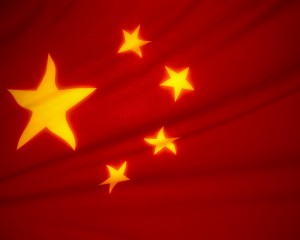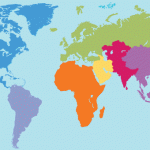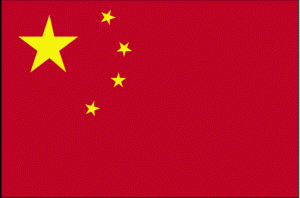With the Global BUzz China event taking place on 10th February 2016, here is a quick round-up of research opportunities and sources of information regarding collaborative working with Chinese partners.
 The first port of call for BU staff to locate current funding opportunities is via our subscription to Research Professional. A search has been set up in the Bournemouth University groups. To access these, just log in and click on ‘Bournemouth University’ on the top right of your screen. You will then be able to select ‘Country – China’ from the list and use the search which has been set up to locate current and future calls. If you are not sure how to use Research Professional, please refer to the recent blog post.
The first port of call for BU staff to locate current funding opportunities is via our subscription to Research Professional. A search has been set up in the Bournemouth University groups. To access these, just log in and click on ‘Bournemouth University’ on the top right of your screen. You will then be able to select ‘Country – China’ from the list and use the search which has been set up to locate current and future calls. If you are not sure how to use Research Professional, please refer to the recent blog post.
From these opportunities, the following are highlighted for you to consider:
- Newton Fund – do you have a contact in China who would benefit from a Newton International Fellowship?
- Do you need support to travel to China to conduct research? Then the British Academy Sino-British Fellowship Trust may suit your needs.
- Through the China–UK research and innovation bridges competition, Innovate UK, RCUK and MoST have up to £16 million to invest in collaborative research & development projects that propose new commercial solutions to challenges impacting the socio-economic growth & development of China in relation to energy, healthcare, urbanisation and agri-food.
Other useful sources of information include:
- MoST – Ministry of Science and Technology of the People’s Republic of China
- RCUK – China
- The Great Britain China Centre
- EU Relations with China
- UK and China
- British Council – China
Keep an eye on this blog for futher international funding opportunities!





















 Beyond Academia: Exploring Career Options for Early Career Researchers – Online Workshop
Beyond Academia: Exploring Career Options for Early Career Researchers – Online Workshop UKCGE Recognised Research Supervision Programme: Deadline Approaching
UKCGE Recognised Research Supervision Programme: Deadline Approaching SPROUT: From Sustainable Research to Sustainable Research Lives
SPROUT: From Sustainable Research to Sustainable Research Lives BRIAN upgrade and new look
BRIAN upgrade and new look Seeing the fruits of your labour in Bangladesh
Seeing the fruits of your labour in Bangladesh ECR Funding Open Call: Research Culture & Community Grant – Apply now
ECR Funding Open Call: Research Culture & Community Grant – Apply now ECR Funding Open Call: Research Culture & Community Grant – Application Deadline Friday 12 December
ECR Funding Open Call: Research Culture & Community Grant – Application Deadline Friday 12 December MSCA Postdoctoral Fellowships 2025 Call
MSCA Postdoctoral Fellowships 2025 Call ERC Advanced Grant 2025 Webinar
ERC Advanced Grant 2025 Webinar Update on UKRO services
Update on UKRO services European research project exploring use of ‘virtual twins’ to better manage metabolic associated fatty liver disease
European research project exploring use of ‘virtual twins’ to better manage metabolic associated fatty liver disease